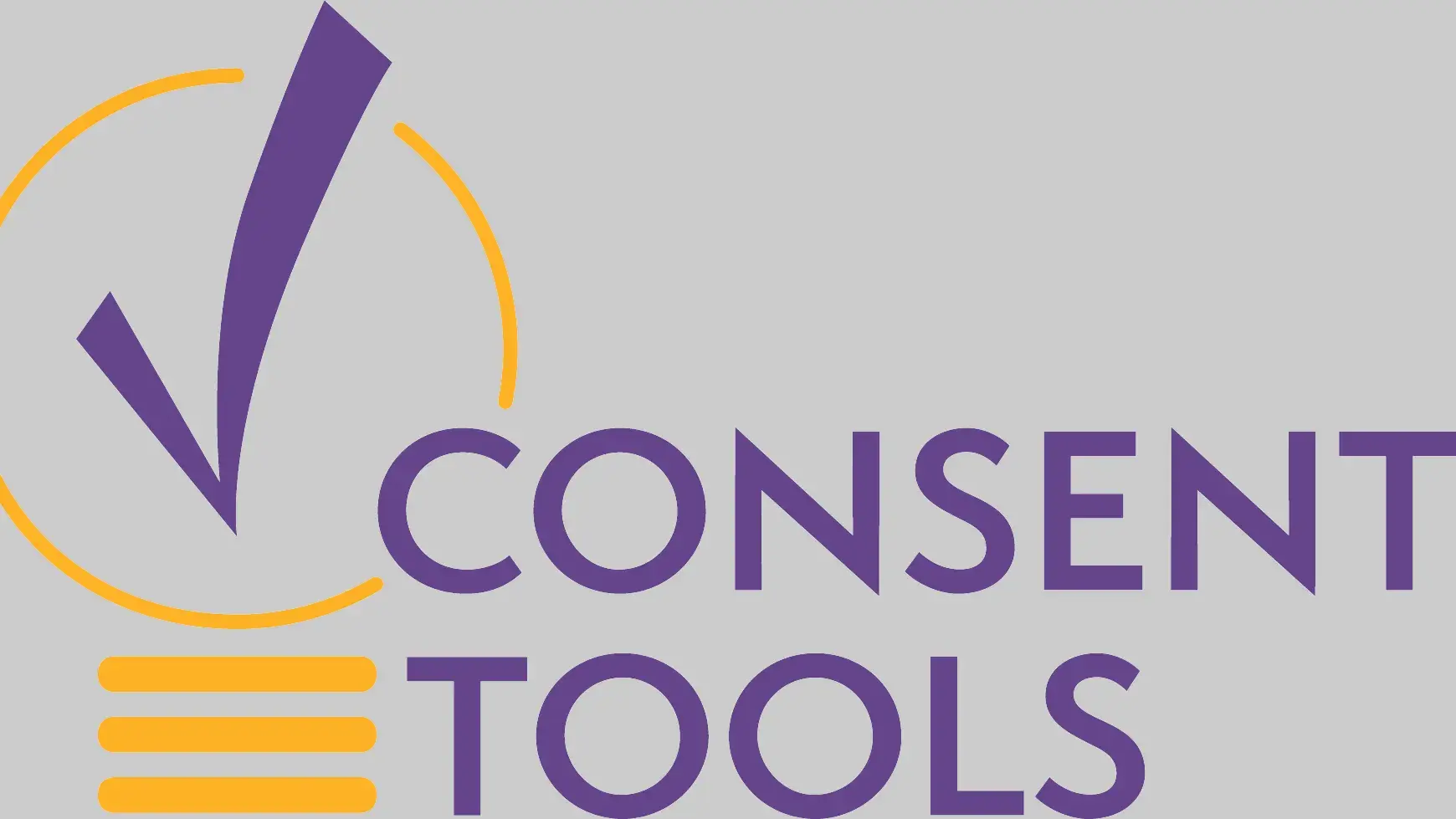You can explore the toolkit by topic below, or complete a text-based learning module on all three topics:
-
Optimizing Key Information
Provides guidance on how to optimize key information to facilitate understanding by providing simple tools and tips that anyone can apply.
-
Assessments
Many people are at risk of impaired decision-making capacity, and researchers often overestimate how well participants understand and appreciate informed consent information. To address these challenges, researchers can assess participant’s understanding and appreciation using a reliable and valid assessment instrument.
-
Legally Authorized Representatives (LARs)
A Legally Authorized Representative (LAR) provides, or maintains, informed consent on behalf of a research participant. An LAR may help researchers recruit participants who lack decision making capacity, or retain those at risk of losing it.
You can also learn about eConsent which involves using electronic devices (e.g., computer, tablet, phone) to obtain consent from a potential participant or legally authorized representative. Here, you can learn the difference between Researcher Assisted eConsent and Self-Administered eConsent Without Research Personnel, and ideas to keep in mind while creating an eConsent form.
ConsentTools is supported by the Bioethics Research Center at Washington University School of Medicine in St. Louis, MO. It was developed as part of a research study funded by the National Institute on Aging [1 R01 AG058254-01; PI James DuBois]. The aim of the study was to help clinical research professionals understand and adopt three evidence-informed practices for consent in clinical trials.
Julie Johnson, PharmD, is the Director and Principal Investigator at The Ohio State University Clinical and Translational Science Institute.
